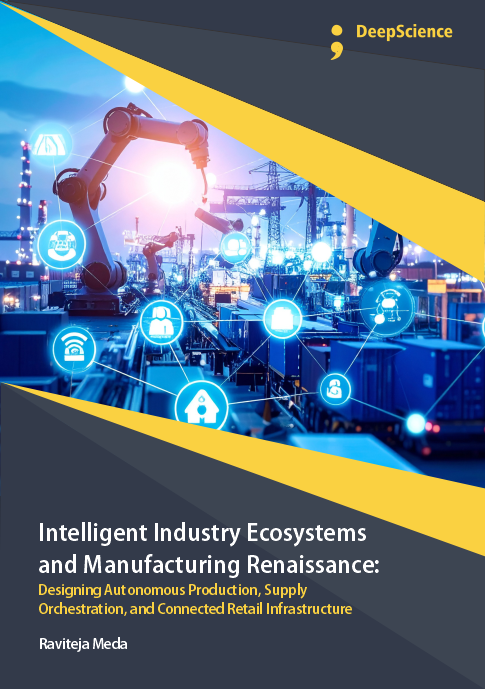On-demand production models and distributed manufacturing using cloud-integrated platforms
Synopsis
Various forms of production can be used to describe the development of consumer and capital goods by converting raw or intermediate materials into finished products. More traditionally, industrial production is performed in bulk and on the same continuous equipment or manual production line. As such, traditional manufacturing is known for the serialization of product offerings for basic needs across the masses. However, despite higher fixed costs associated with their production compared to other production models in volume, flow, and unit, discrete manufacturing activities are supplemented by a diverse mix of customized tools to rehabilitate product offerings in response to fluctuating market demand throughout each industry and company life cycle. Next, as the number of unique products continues to grow unabated, more companies also employ a variable-cost "on-demand" model to support infrastructure at critical functions of their value chains to help control expense ratios in distortive non-durable markets. Increasingly, such flexible-on-demand production capabilities are leveraging the support of information technologies on high performing enterprise systems that allow for lower entry barriers to manufacturing automation, while facilitating collaborative business-to-business activity with respective production-sharing partners across the value chains of their own production networks.













